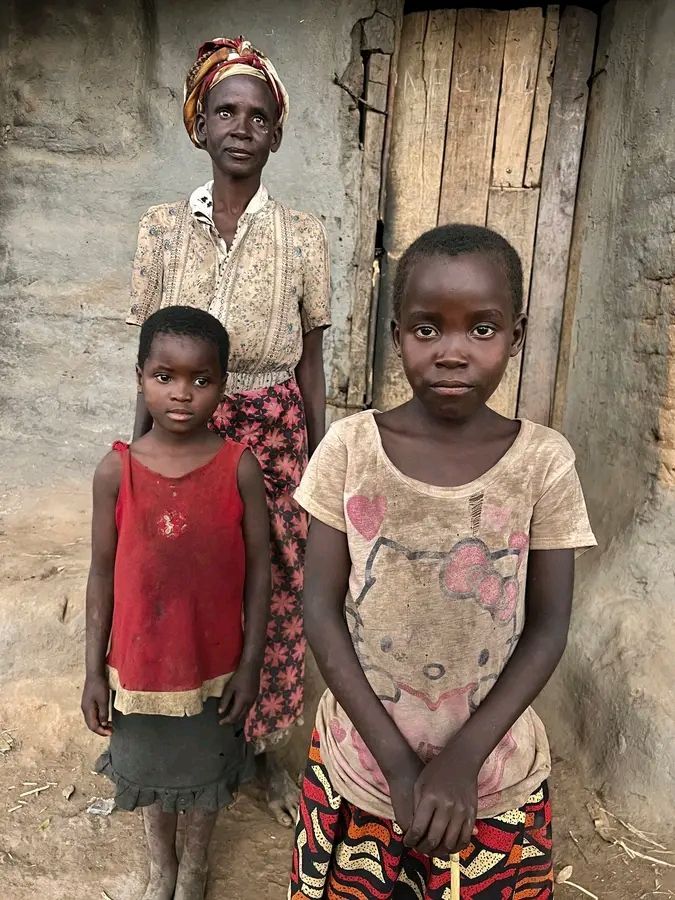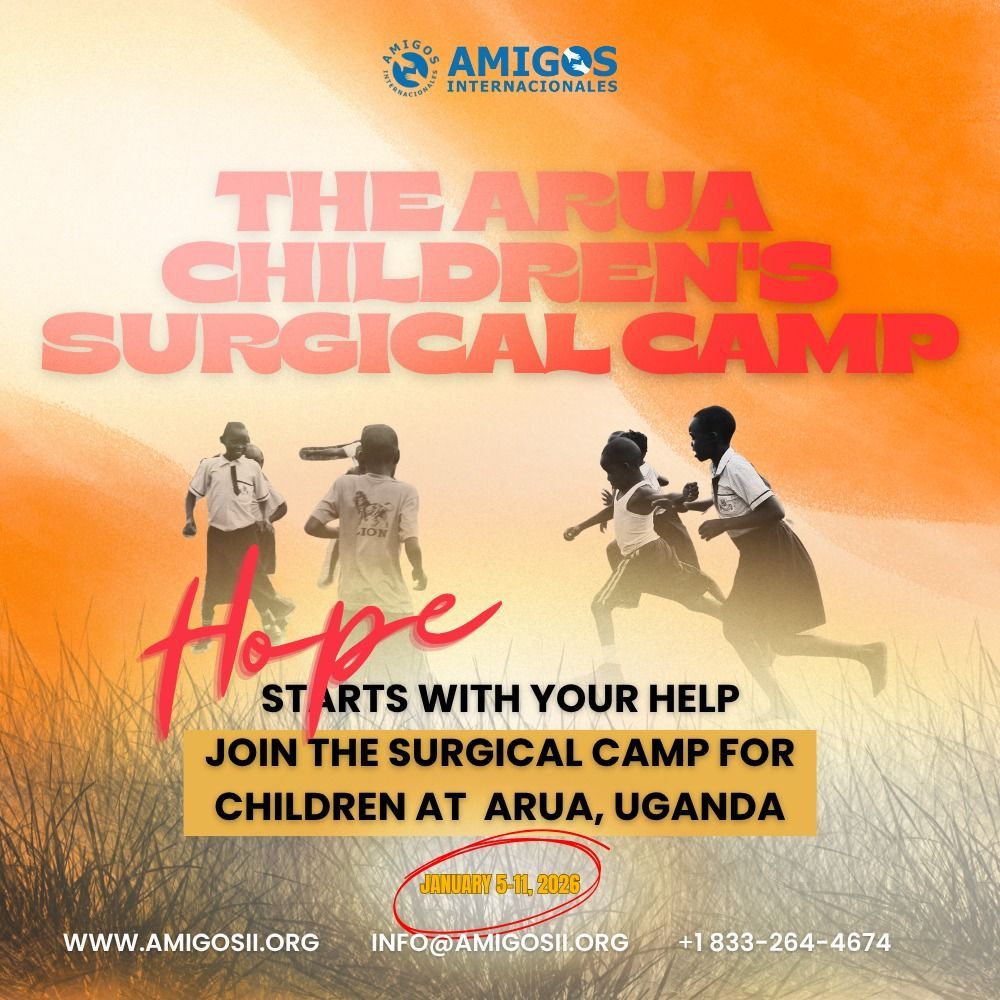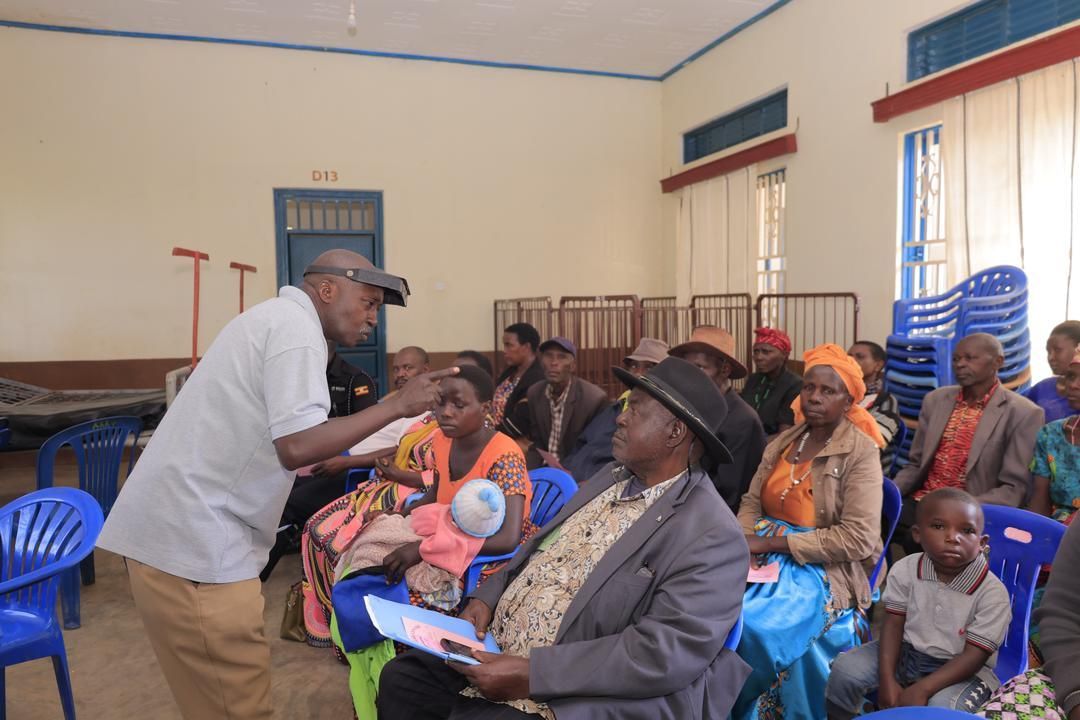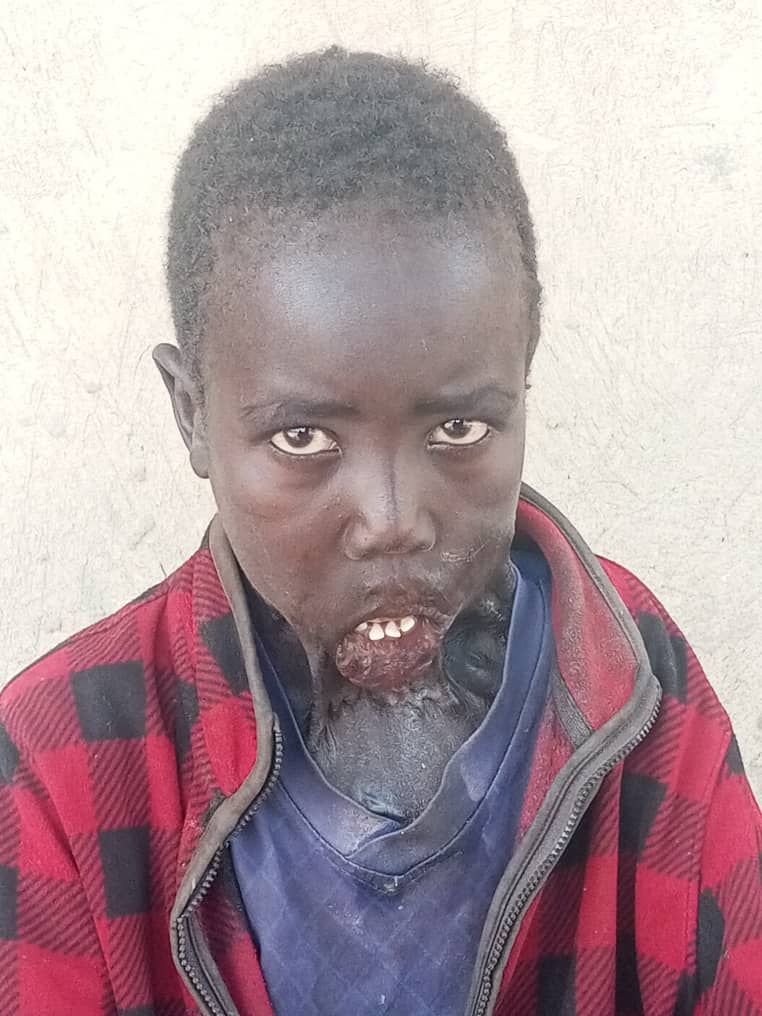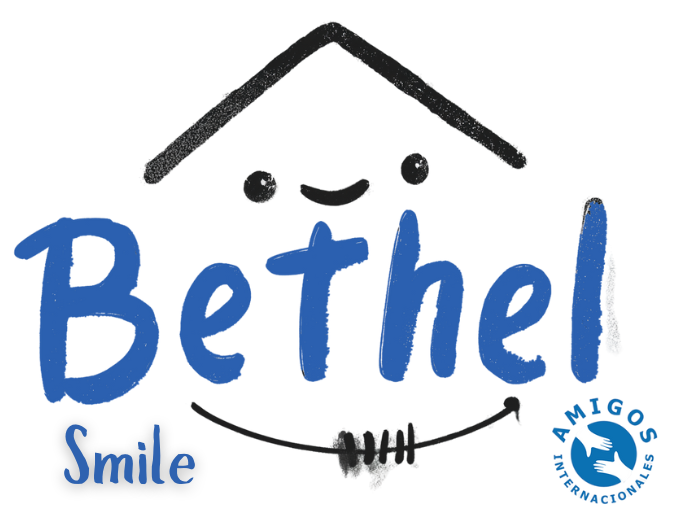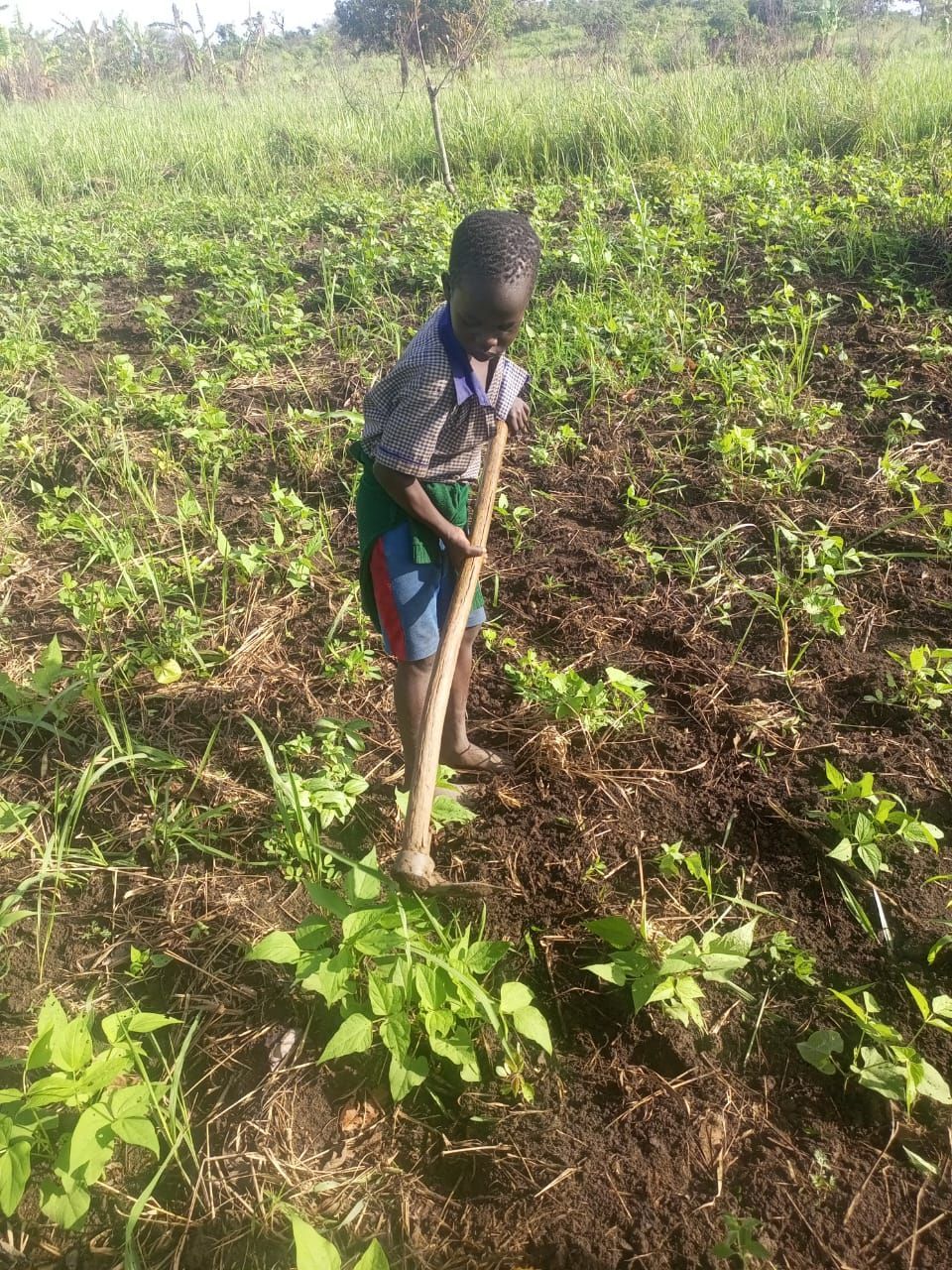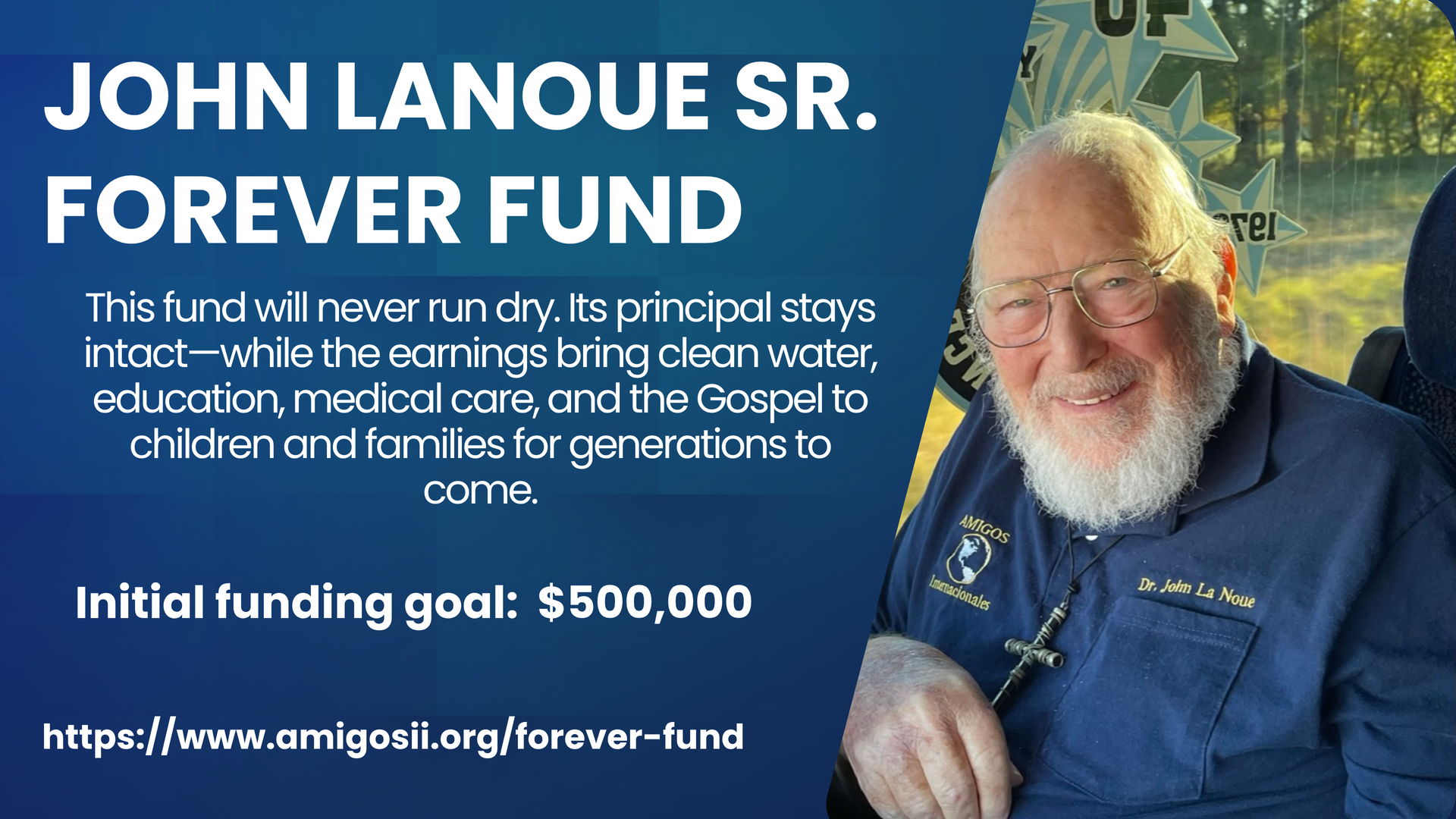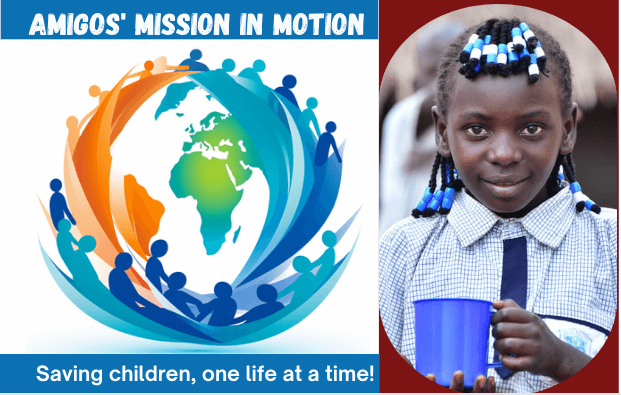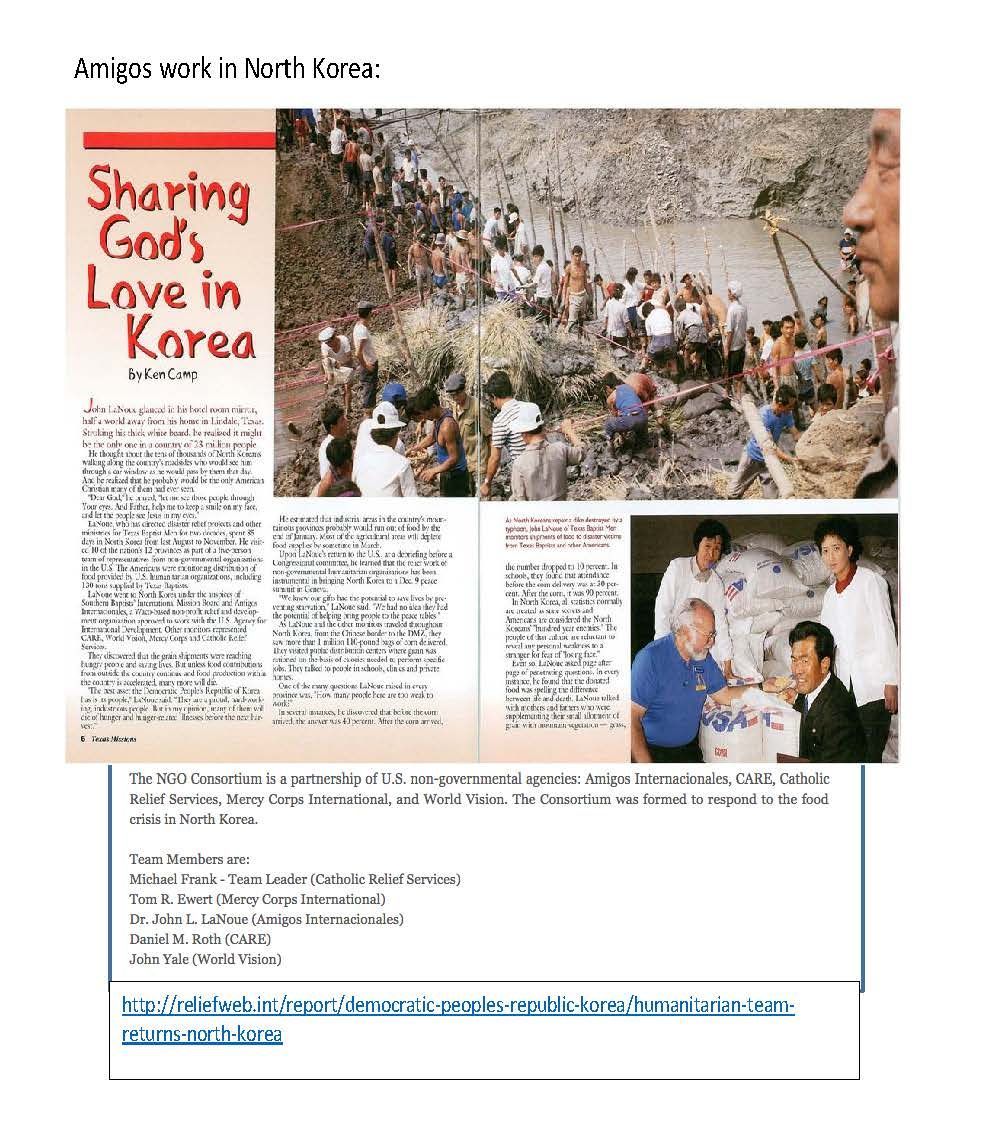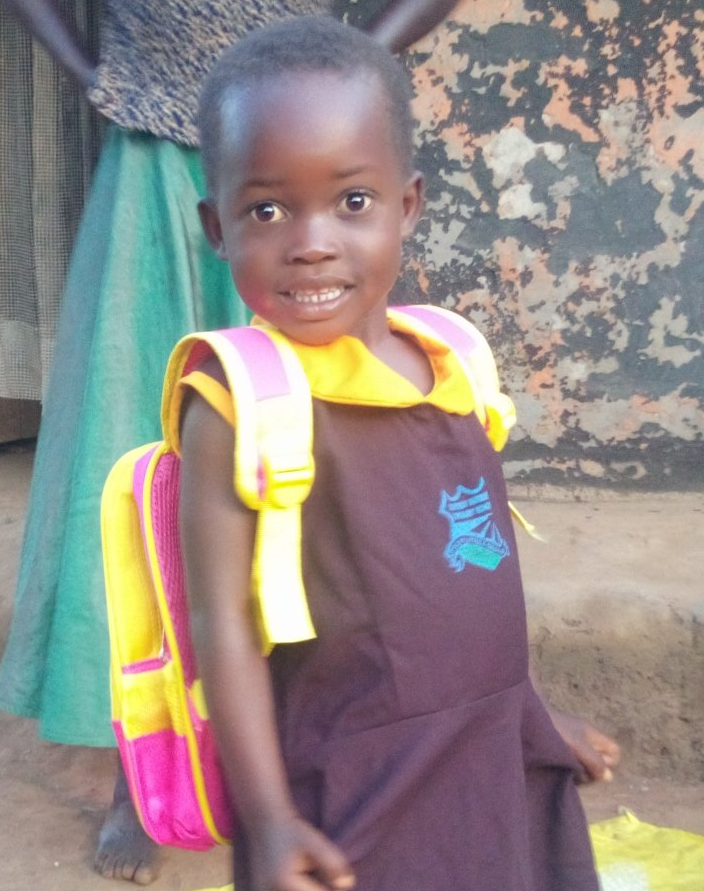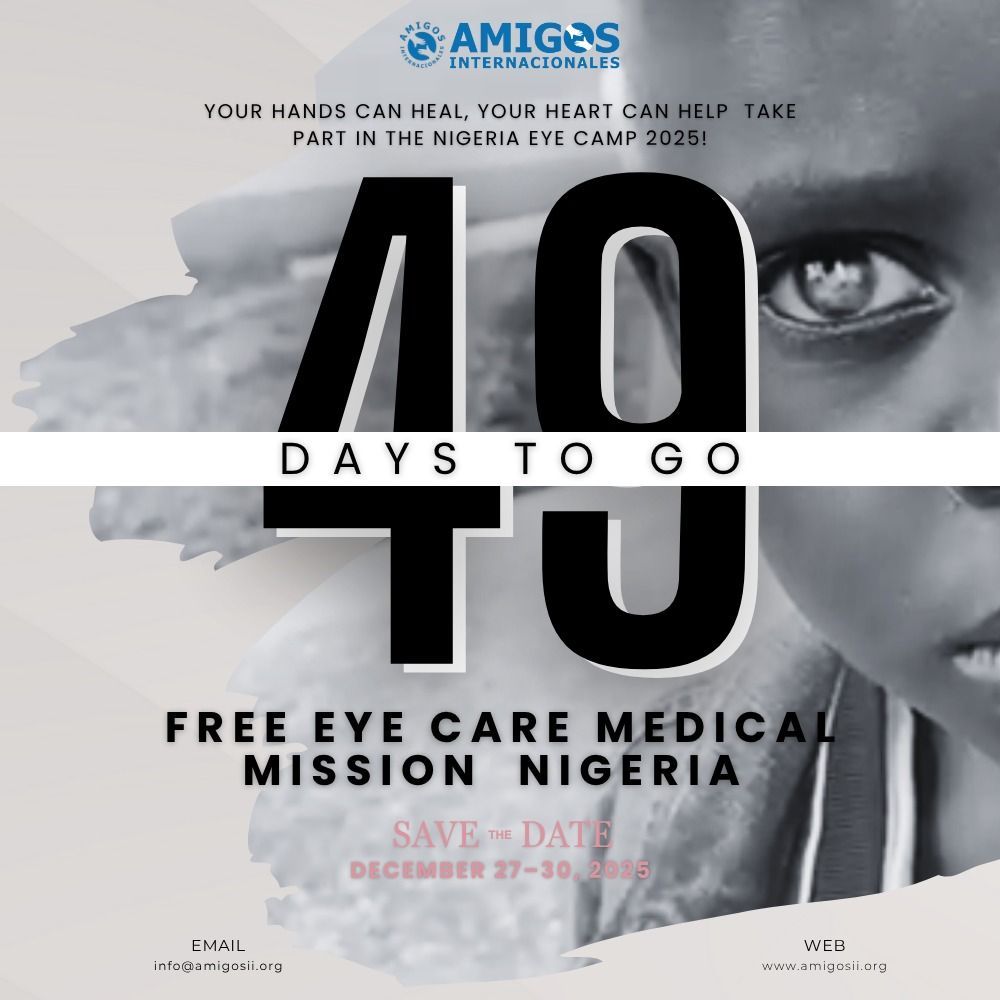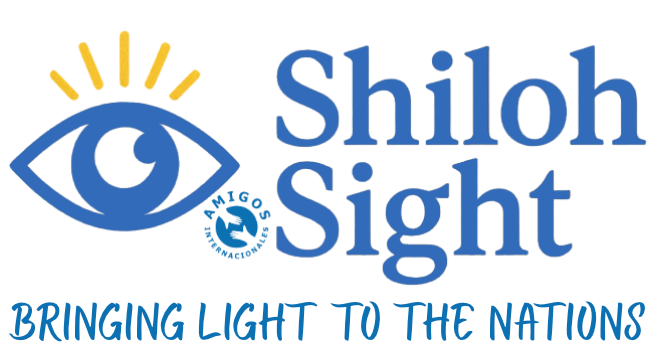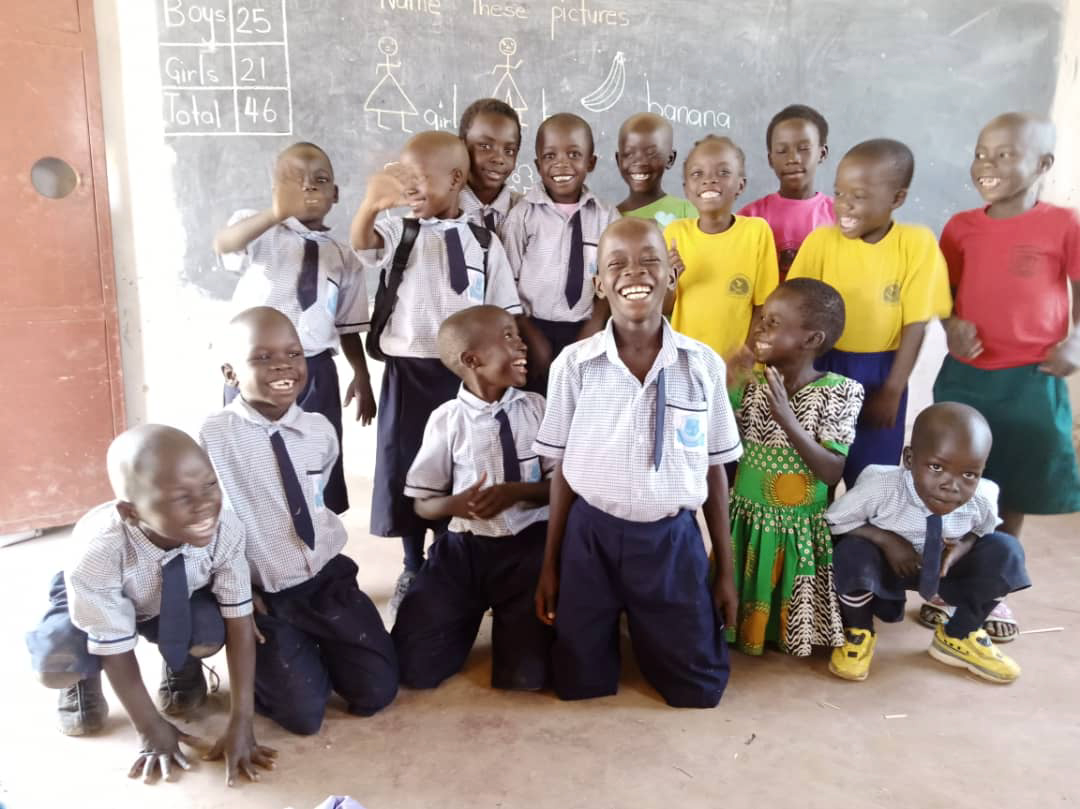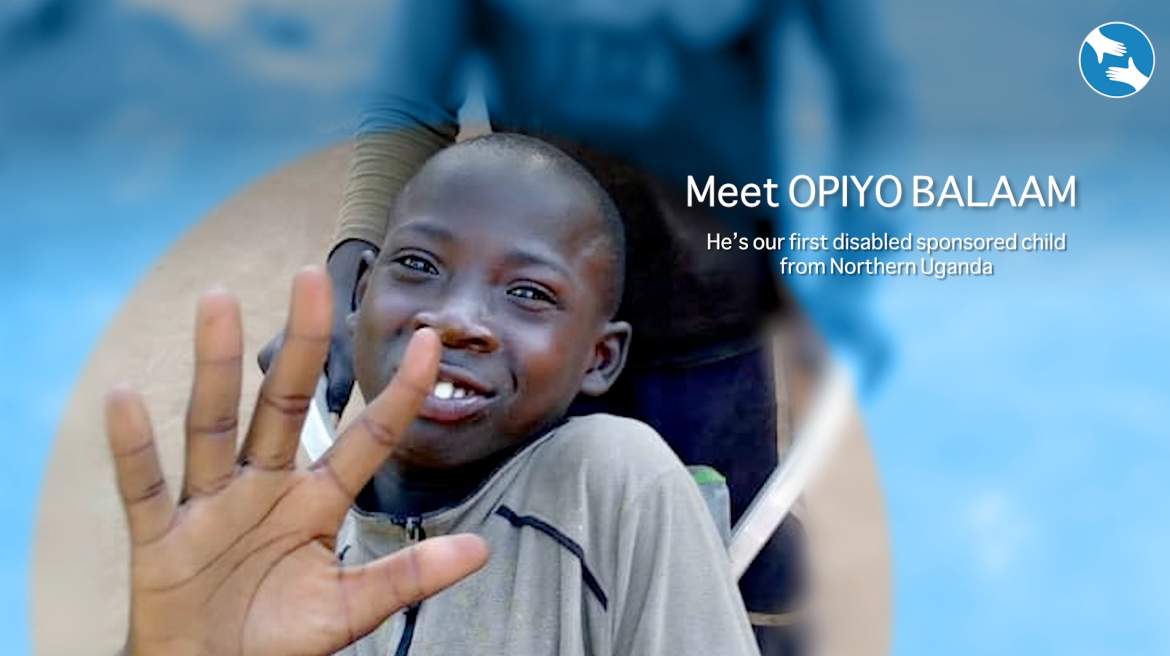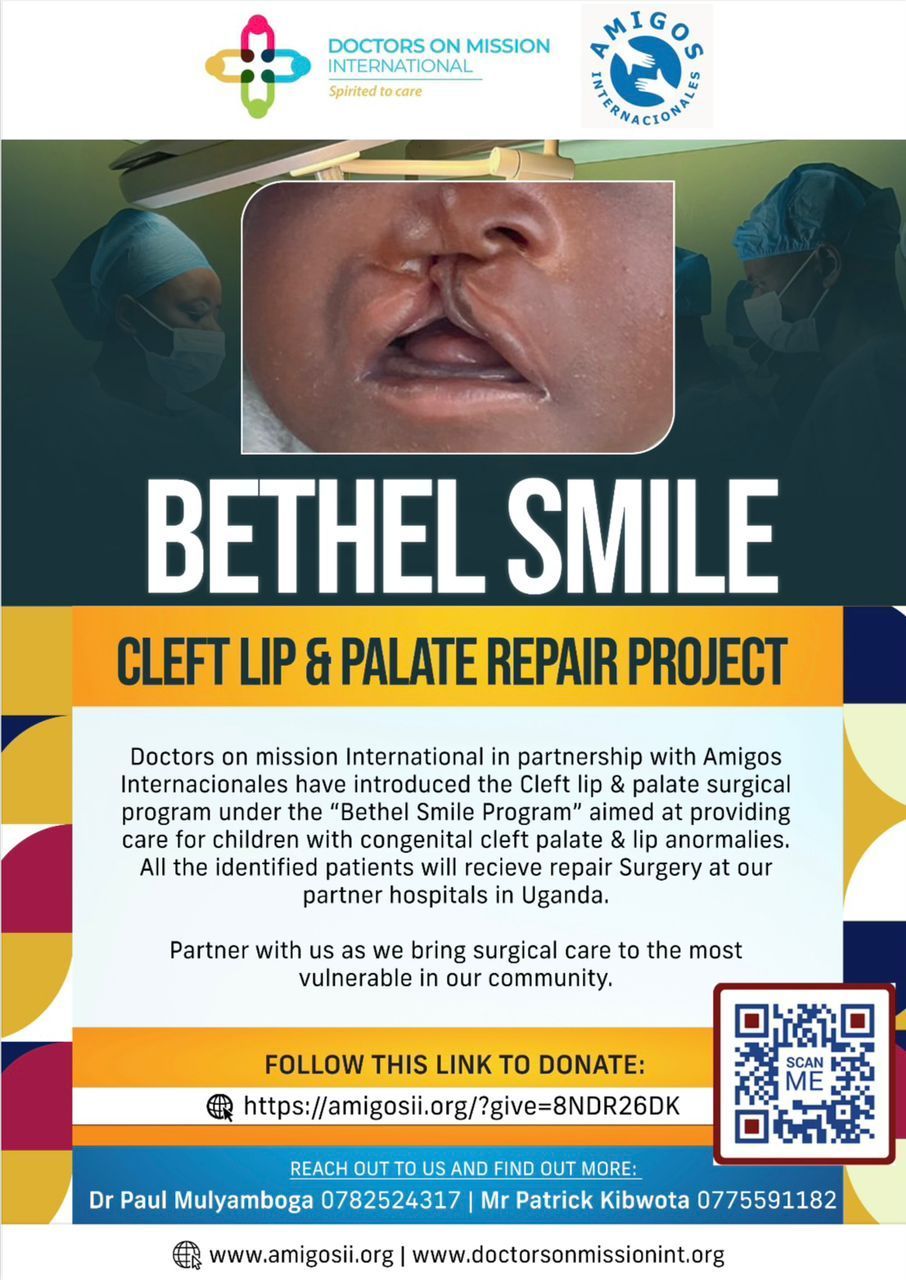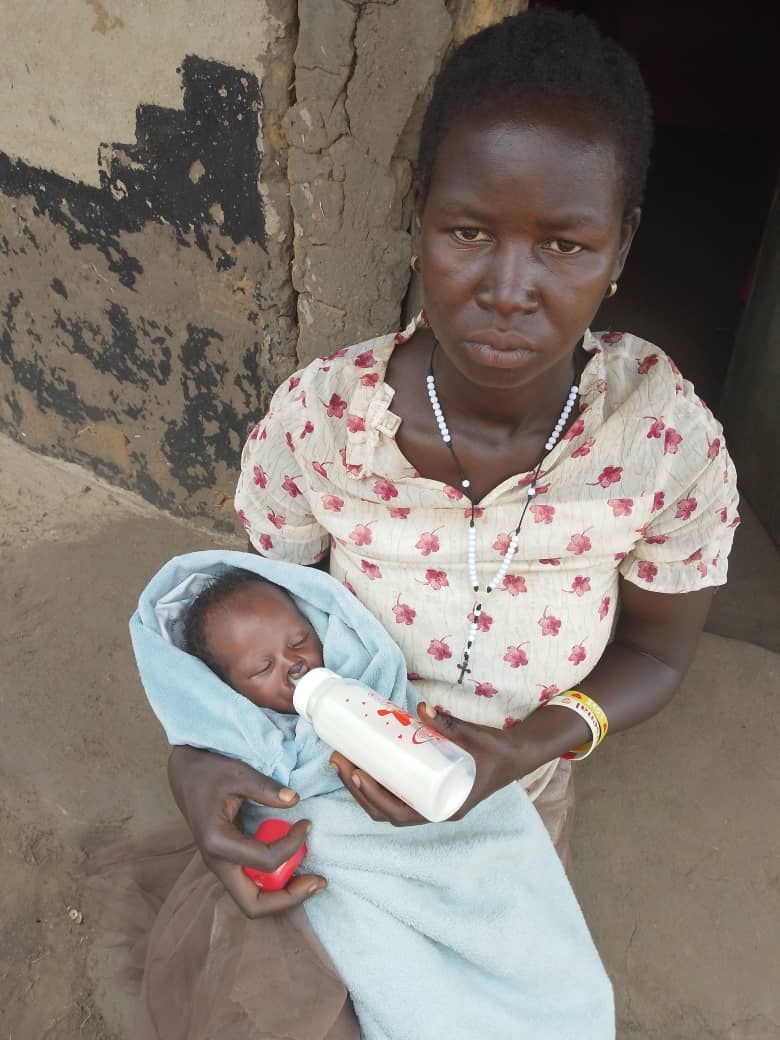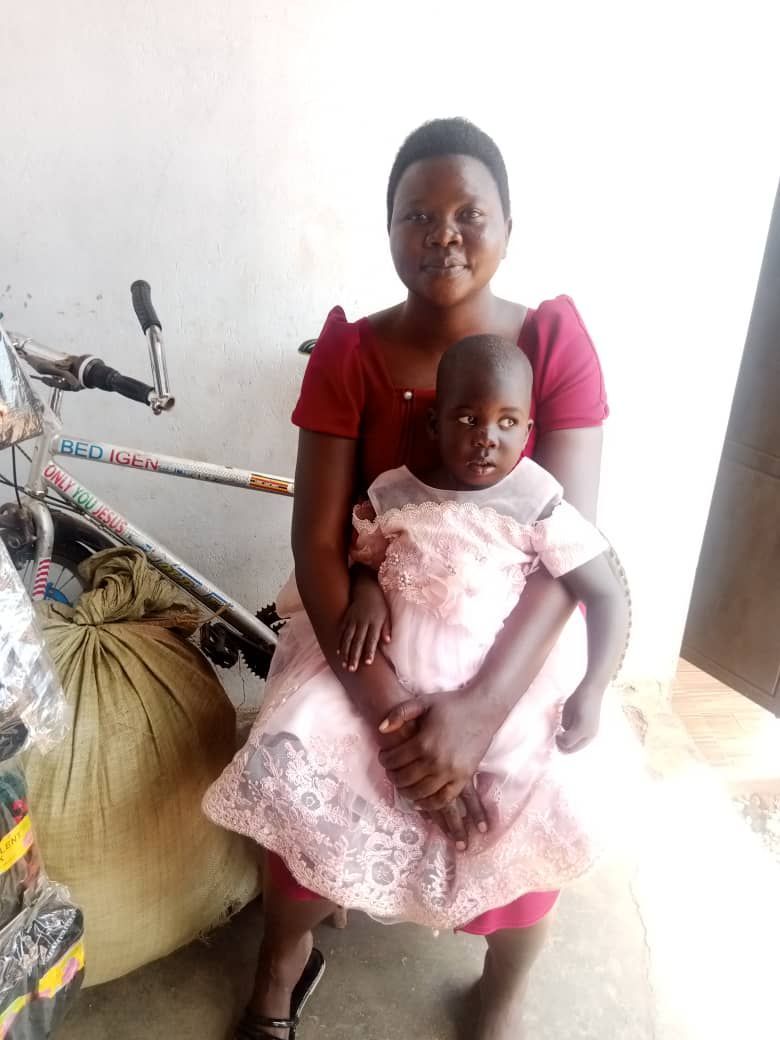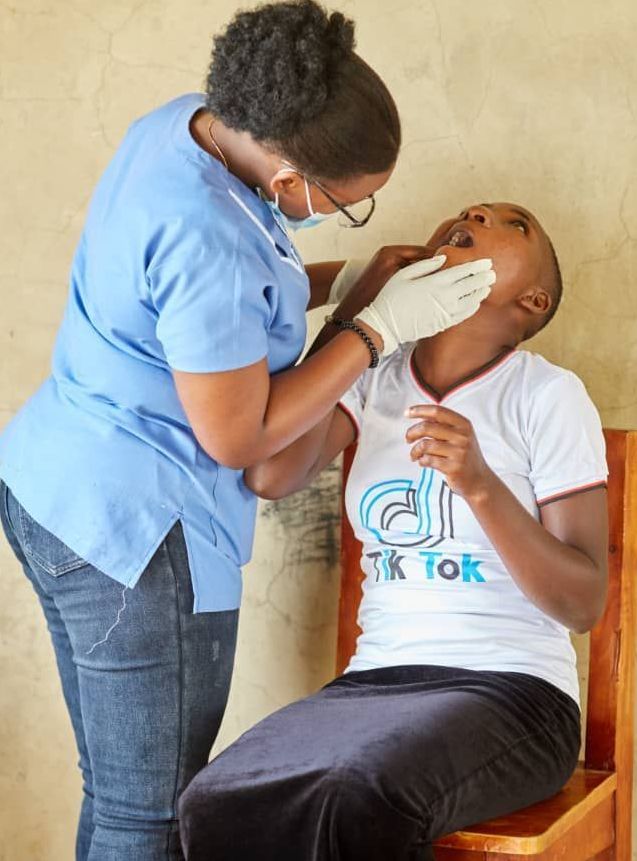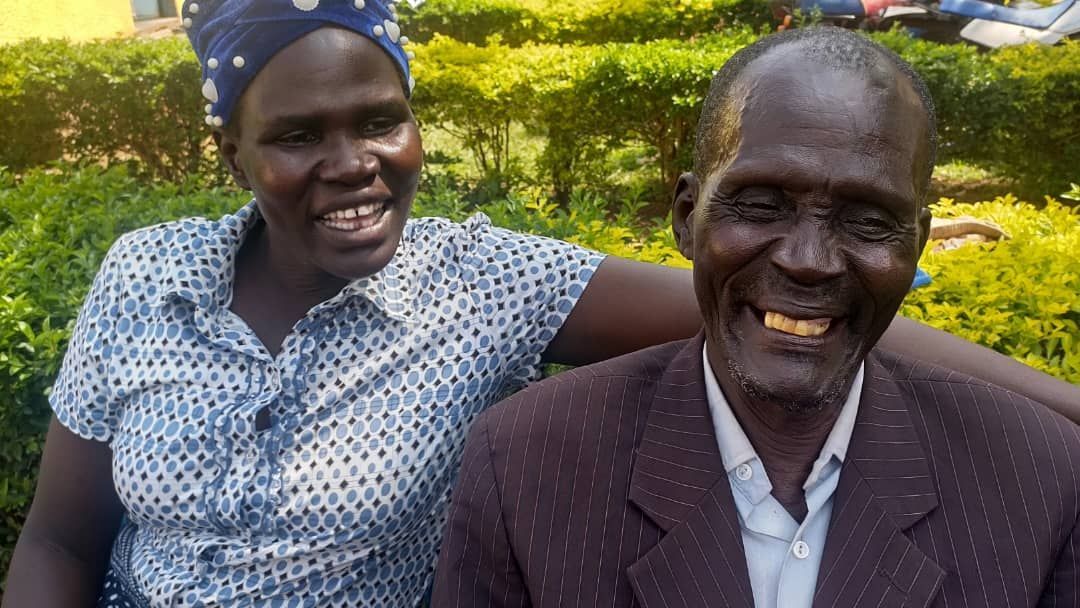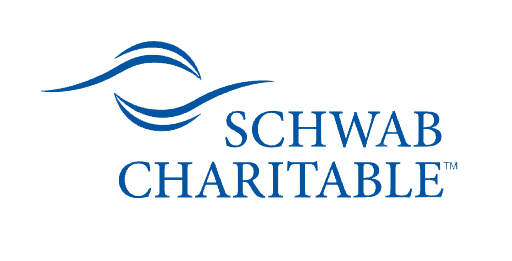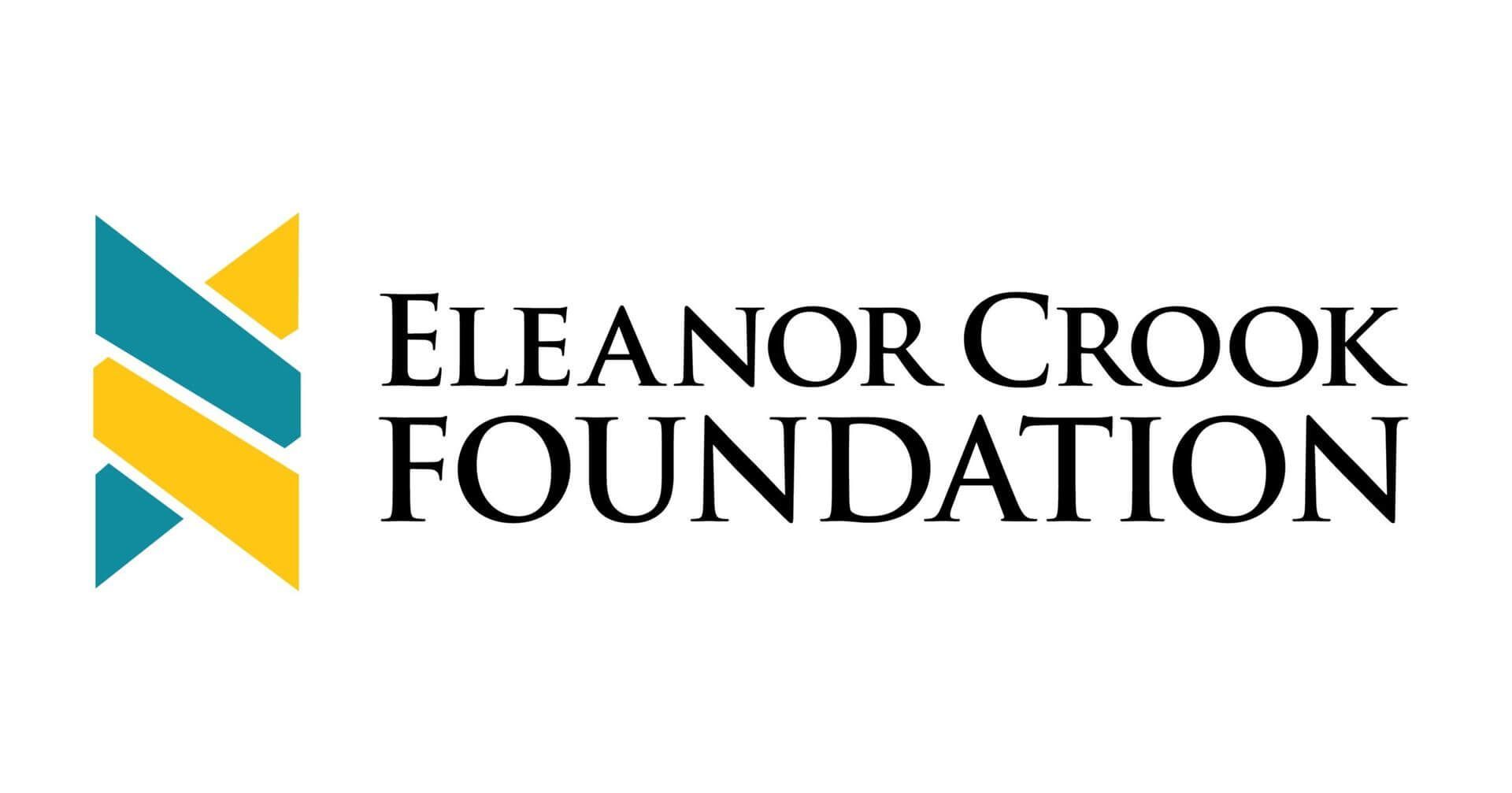By Amigos Internacionales
•
August 20, 2025
Be a Hero: Support Our Medical Outreach and Change Lives in Burundi Have you ever wanted to be a hero? Well, here's your chance! Our upcoming Medical Camp in Burundi is gearing up to make a real difference by bringing essential healthcare services to underserved communities. We're on the lookout for passionate medical professionals and caring volunteers who want to lend a helping hand. Imagine the impact you could have by supporting our medical outreach and offering compassionate care to those who truly need it. Ready to roll up your sleeves and join us? Let's make a change together while spreading hope and joy!## Medical Camp Burundi: Event Details Our Medical Camp in Burundi is set to bring much-needed healthcare to those who need it most. Let's dive into the specifics of this life-changing event. Dates and Location The Medical Camp Burundi is scheduled for August 15-30, 2025. We'll be setting up our base in Bujumbura, the capital city of Burundi. Our team will then branch out to rural areas surrounding the city, where healthcare access is limited. We've chosen this time frame to avoid the rainy season and make travel easier for both our volunteers and the local communities we'll serve. The exact locations within Bujumbura and the surrounding regions will be finalized closer to the event date. We're working closely with local authorities to identify the areas of greatest need. Services Offered At the Medical Camp Burundi, we're bringing a wide range of essential healthcare services to underserved communities. Our team of volunteer doctors, nurses, and other healthcare professionals will provide general check-ups, vaccinations, and basic treatments for common illnesses. We'll also offer specialized services like dental care, eye exams, and women's health screenings. Mental health support will be a key component of our camp, with counselors available to provide much-needed psychological care. Additionally, we'll be running health education workshops to empower communities with knowledge about preventive care and healthy living practices. Lastly, we'll distribute essential medications and medical supplies to those who need them most, ensuring that the impact of our camp extends beyond the duration of our stay. Targeted Communities Our Medical Camp Burundi aims to reach the most vulnerable and underserved populations in and around Bujumbura. We're focusing on rural communities where access to healthcare is severely limited. These areas often lack basic medical facilities and struggle with issues like malnutrition, waterborne diseases, and preventable illnesses. We're also targeting urban slums in Bujumbura, where overcrowding and poor sanitation lead to numerous health challenges. Special attention will be given to children, pregnant women, and the elderly, who are often the most affected by lack of healthcare access. By working with local community leaders and health officials, we're ensuring that our services reach those who need them most. Our goal is to make a lasting impact on these communities' health and well-being. How You Can Support Medical Outreach Your support can make a world of difference in the lives of those we serve. Here's how you can get involved and contribute to our Medical Camp Burundi. Volunteer Opportunities We're looking for passionate individuals to join our team and make a real impact at the Medical Camp Burundi . If you're a healthcare professional, your skills are invaluable. We need doctors, nurses, dentists, optometrists, and mental health professionals. Your expertise will directly improve the health of hundreds of people. Non-medical volunteers are just as crucial. We need help with logistics, translation, health education, and community outreach. Your support will ensure the smooth running of the camp and help us connect with the local communities. Volunteering isn't just about giving - it's also about personal growth. You'll gain unique experiences, develop new skills, and form lasting friendships. Plus, you'll have the satisfaction of knowing you've made a real difference in people's lives. Donations and Supplies Needed Can't join us in person? You can still play a vital role in our Medical Camp Burundi through donations and supplies. Financial contributions are always welcome. Your money will go towards purchasing medical equipment, medications, and supplies. It will also help cover logistical costs like transportation and accommodation for our volunteer team. We also need donations of medical supplies. Things like bandages, syringes, gloves, and basic medications are always in high demand. Even small contributions can make a big difference. Non-medical items are needed too. We're looking for donations of hygiene products, reading glasses, and educational materials. These items can significantly improve quality of life for many in the communities we serve. Every donation, big or small, brings us closer to our goal of providing essential healthcare to those who need it most. Your support can literally save lives. The Impact of Compassionate Care The power of compassionate care goes beyond immediate medical treatment. Let's explore the lasting impact our Medical Camp Burundi can have on individuals and communities. Stories from Past Camps Our previous medical camps have left lasting impressions on both the communities we've served and our volunteers. These stories showcase the real impact of our work. Take Maria, a young mother from a rural village. She'd been struggling with an undiagnosed condition for years. At our camp, she finally received proper care and medication. Now, she's healthy and able to care for her family. Then there's John, a volunteer nurse from the US. He was deeply moved by the gratitude of the people he helped. The experience changed his perspective on healthcare and inspired him to continue volunteering. We also met Amina, a local teenager who attended our health education workshop. She's now spreading the knowledge she gained to her peers, becoming a health advocate in her community. These stories remind us why we do what we do. They show that with compassionate care, we can change lives one person at a time. Long-term Benefits for Communities The impact of our Medical Camp Burundi extends far beyond the days we're there. We're creating long-lasting positive changes in the communities we serve. By providing immediate healthcare, we're preventing minor issues from becoming major health crises. This reduces the burden on local healthcare systems and improves overall community health. Our health education workshops empower people with knowledge about preventive care. This leads to healthier lifestyle choices and better management of chronic conditions in the long run. We also work to build capacity within local healthcare systems. By partnering with local health workers and sharing knowledge, we help strengthen the community's ability to address health issues independently. Lastly, our camps often spark interest in healthcare careers among local youth. This can lead to more healthcare professionals serving their own communities in the future, creating a sustainable cycle of improved health care. Through these efforts, we're not just providing temporary relief, but contributing to lasting change in Burundi's healthcare landscape.

